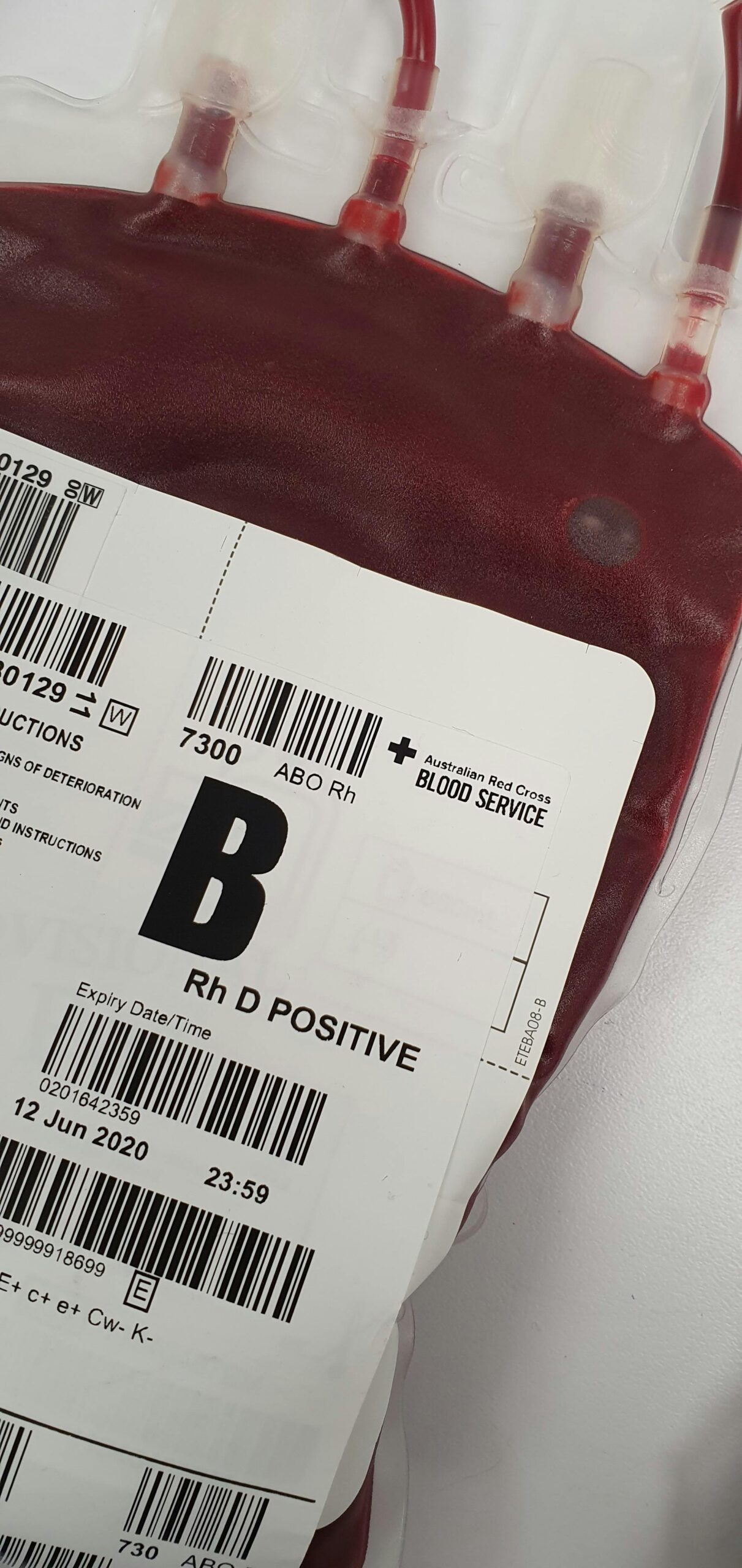A medical courier plays a critical role in healthcare logistics, ensuring the safe and timely delivery of life-saving medications, lab specimens, and medical supplies. Learn how specialized training, advanced technology, and strict regulations enable these couriers to support efficient healthcare operations.
Introduction to Medical Couriers
A courier is more than just a delivery driver. They play a crucial role in the healthcare system, ensuring that life-saving medicines, critical lab specimens, and vital medical equipment reach their destinations on time. Whether it’s transporting blood samples for urgent testing or delivering prescriptions to patients who can’t leave their homes, the importance of couriers in the seamless functioning of healthcare cannot be overstated.
How Medical Courier Services Work
it services are meticulously structured to ensure the safe and timely transportation of medical items. Here’s how the process typically works:
- Order Placement: A hospital, clinic, or pharmacy schedules a pickup.
- Pickup: The courier retrieves the item, ensuring it’s safely packed.
- Transportation: Items are transported via specially equipped vehicles.
- Delivery: The courier delivers the package to the destination within the promised time.
This streamlined process ensures that everything from medications to lab results is delivered in an efficient and safe manner.
The Role of Medical Couriers in Modern Healthcare
Medical couriers play an integral role in reducing delays and ensuring the smooth operation of healthcare systems. Delays in delivering medication or test results can have life-threatening consequences, especially in emergency situations. Medical couriers help bridge this critical gap by being available around the clock to meet the urgent needs of hospitals, clinics, and even home-based patients.
What Sets Medical Couriers Apart from Standard Couriers
Unlike standard couriers, medical couriers require specialized training. They are knowledgeable about handling delicate materials such as human tissue samples and have to be well-versed in healthcare regulations like HIPAA, ensuring patient confidentiality is never compromised.

Types of Items Handled by Medical Couriers
couriers are entrusted with a wide range of healthcare-related items, including:
- Specimens and samples: Blood, urine, and tissue samples for laboratory analysis.
- Pharmaceuticals: Prescription medications, often requiring urgent delivery.
- Medical supplies and equipment: Surgical instruments, life-saving devices, and diagnostic tools.
The Importance of Speed and Accuracy in Medical Deliveries
Speed can be a matter of life or death in the healthcare industry. For instance, a courier delivering an organ for transplant or a blood sample for emergency surgery must be timely. Even minor delays can compromise the health outcomes for patients, highlighting the necessity for fast, precise deliveries.
Technology in Courier Services
Technological advancements have revolutionizedl courier services. GPS tracking allows real-time monitoring of deliveries, ensuring that healthcare providers and patients can track the exact location of critical items. Additionally, temperature-controlled vehicles are employed for transporting sensitive materials like vaccines, which must remain at specific temperatures.
Regulations Governing Courier Services
Medical couriers must comply with strict regulations to protect patient safety and privacy. HIPAA (Health Insurance Portability and Accountability Act) is a significant regulation that governs the handling of medical data, ensuring that personal health information is secure during transportation. IT must also adhere to regulations related to the safe handling of hazardous materials.

How to Choose a Medical Courier Service
Selecting a reliable medical courier service is essential for healthcare providers. Key factors to consider include:
- Reliability: Can they guarantee timely deliveries?
- Experience: Do they have a history of successfully managing healthcare logistics?
- Technology: Do they use up-to-date systems like GPS tracking and temperature control?
The Training and Qualifications of Couriers
Medical couriers undergo rigorous training to handle medical specimens, pharmaceuticals, and other healthcare-related deliveries. Certification may include knowledge of OSHA (Occupational Safety and Health Administration) guidelines, hazardous material handling, and healthcare privacy laws.
Medical couriers face unique challenges, from handling time-sensitive deliveries to navigating traffic during emergencies. Additionally, transporting hazardous materials requires extra precautions, including special containers and knowledge of disposal regulations.
The Future of Medical Courier Services
The future of ITS services looks promising with ongoing advancements in technology. AI and automation could soon play a larger role in healthcare logistics, potentially leading to more efficient deliveries and even drone-based transportation of medical supplies in rural or hard-to-reach areas.
How Medical Courier Services Benefit Healthcare Providers
IT services not only improve the speed of healthcare operations but also optimize costs by using advanced routing systems to ensure the fastest, most efficient deliveries. This reduces operational expenses for healthcare providers and ensures patients receive timely care.
The Growing Demand for IT Services
The demand for medical couriers is growing, especially following the COVID-19 pandemic, which highlighted the importance of quick and secure transportation of medical supplies and vaccines. As healthcare systems become more reliant on timely logistics, the need for medical couriers will only continue to rise.

Conclusion: Why Medical Couriers Are Essential to Healthcare
THERE are a critical part of the healthcare ecosystem. Their ability to deliver life-saving materials and equipment quickly, efficiently, and safely ensures that healthcare providers can offer timely treatments and improve patient outcomes. Without medical couriers, many aspects of healthcare would be severely hindered
